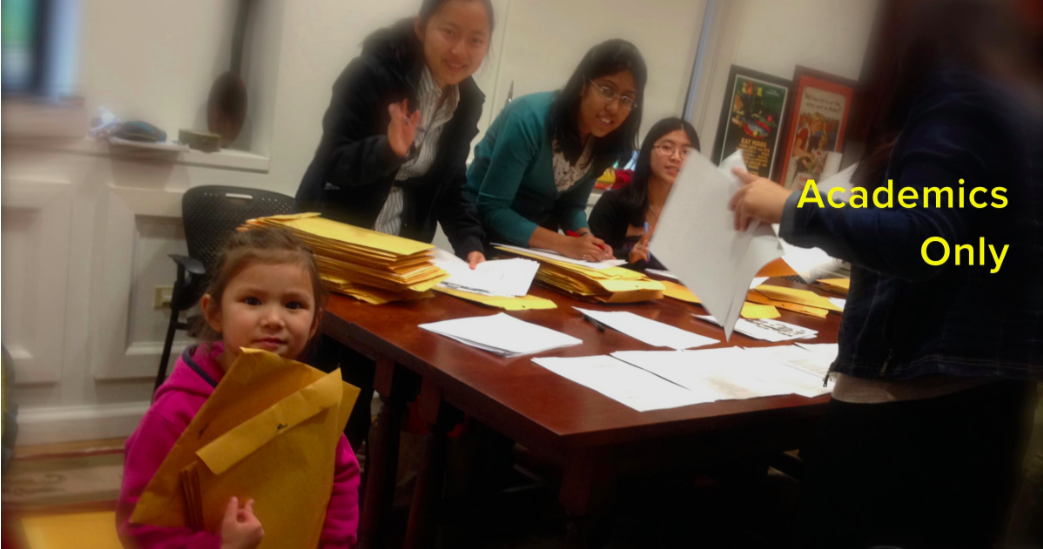Things We Don't Want to Hear
5. Do solution-focused research. Developing theory is prestigious, but coming up with a solution to an everyday problem is super gratifying. (Again, this is totally my personal preference and advice to myself.) [Read more]
13. Create a Best Practices Guide for writing journal articles. – Find 30-40 favorite papers written by other researchers and list out the different strategies, tactics, and words you see them use (perhaps unconsciously) in their abstract, their opening-line, their first paragraph, their introduction, their background, theory section, tables, and so forth. When you’re finished distilling this, you’ll have a Best Practices guide that’s personalized to what you like in a paper and will be your writing guide. When I did this, my acceptance rate almost tripled. Also, papers became a lot easier and more fun for me to write.
7. Leave town for your sabbatical. Moving is a hassle and there are 100 great reasons why you should spend your sabbatical at home (your spouse’s job, your kids, your doggy, your home, and so on). But I’ve never know anyone who went away who didn’t claim it was a career highlight. I’ve also never known anyone who spent their sabbatical at home and remembered anything about it two years later.
27. Dress-up and show-up early for Meetings. This is one way to show respect for the profession and for my colleagues. (Again, this is totally my advice to myself.) Like a US Marine Colonel once told me, "Early is on time. On time is late."
30. “Max out your TIAA-CREF retirement contribution. Then add more.” The guy who told me this was a retired English professor -- who had two very nice homes. It’s not flashy or cool to save money instead of spending it, but no one over 50 regrets having done so.
12. 90% of reviewers are great coaches. Reviewers have either made my papers better or they‘ve made me a better researcher. If it wasn’t for reviewers, some of my papers would have never been read by anyone other than me.
16. “Ideas are cheap; but execution is what pays.” Even a mediocre brainstorming session will generate 3-4 publishable ideas, and almost none will be followed up on. Edison said something like “Publishing in the Journal of [insert favorite journal here] is 1% inspiration and 99% perspiration.” Executing is what matters.
17. “You can either read a lot or you can write a lot, but you can't do both.”
18. "Write the first two hours of every day." The guy who told me this, pretty much said it like a command: no email, no breakfast, no class stuff. Before breakfast and before the kids wake up. It sets a productivity vibe for the whole day. [Read more]
14. Use a 2-2-2 strategy to unclog your pipeline. If a manuscript gets desk-rejected, I try to send it to the next journal within 2 days. If it gets conditionally accepted, I revise it and send it back within 2 weeks. If it gets a revise-and-resubmit that doesn’t require any additional studies, I send it back within 2 months.


